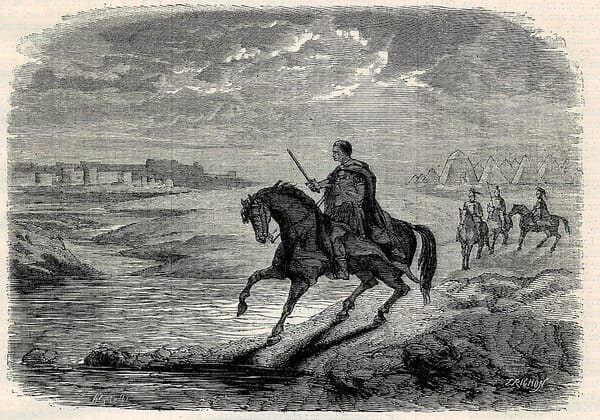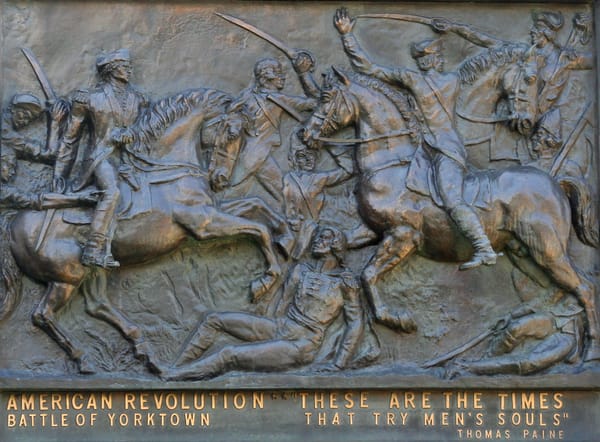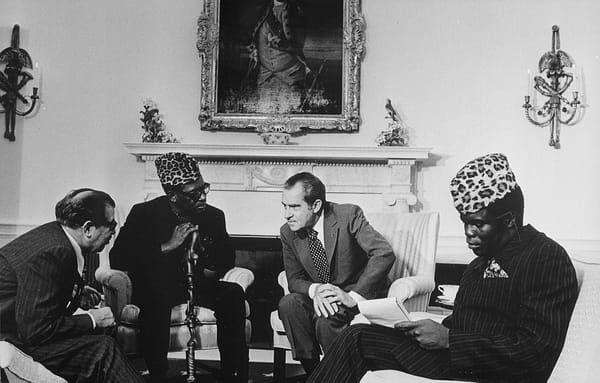Richard Fierro: Real American Hero

The events that unfolded in a small LGBTQ nightclub in Colorado Springs last fall could have been ripped from the script of any gritty action movie. A decorated war vet long since returned home to civilian life is out for a night of wholesome revelry with wife, daughter, and family friends, when unspeakable violence explodes around him and his long-dormant military training comes roaring back to life. We all know what happens next: the good guy pummels the bad guy to a satisfying pulp, and everyone lives happily ever after. But the hero riding off into this particular sunset was different. What happened in the aftermath of Richard Fierro’s bravery that night was a plot twist no Hollywood screenwriter would dare try to sell.
Instead of serving the expected masculine tropes—giving us a strong silent type, perhaps, or someone less laconic and more prone to spouting gruff macho platitudes about honor and duty—Fierro wept openly in interviews. Seemingly unashamed of his tears, he cried not only for the five people he was unable to save, but for the trauma responses he knew would lay ahead for those who had survived. Unapologetic about his anger toward the shooter, he freely admitted that his goal had been to kill the man who was threatening the lives of his family and friends. But instead of glorifying the violence he’d just committed, Fierro was candid about the psychological toll of his four combat tours in Iraq and Afghanistan, lamenting that the civilians around him were about to experience something all too familiar through no fault of their own.
The right has long bemoaned the current state of masculinity, painting progressives in this post-#MeToo era as bent on nothing short of the complete emasculation of the American male. Fierro’s acts of bravery lay all that definitively to rest. The macho possibilities his character portrait exemplify make clear that it’s not masculinity per se that progressives take issue with, but a particular varietal of masculinity—entitled, expansive, self-aggrandizing, violent, emotionally stunted and ultimately immature and needy—that has held too many of us in its sway for long enough.
Watching Fierro recount the details of that night serves as a crash course in a new, non-toxic American masculinity. Instead of reveling in the attention, Fierro immediately clarifies that the situation is not about him, shifting the focus to his daughter grieving the loss of her beloved boyfriend and his friends hospitalized with critical injuries. Instead of allowing an interviewer to paint him as the night’s lone savior, he credits the efforts of another young man (apologizing for not getting his name, since identified as Thomas James) in helping him pull the gunman down and knock the rifle out of reach. Instead of aggrandizing the effectiveness of his combat training, he expresses gratitude that it allowed him to protect his family but condemns “the guys running around doing GI Joe stuff” and explains that he’d left the military because he was “done doing this stuff—it was too much.” Instead of pretending that this kind of violence leaves no effect on those who commit it, he expresses regret for having to ask the people helping him to “kick another human in the head.”
Even as he was describing how he had ordered one of the performers to stuff her stiletto into the attacker’s face, Fierro managed to effortlessly get her pronouns right. (Later reports suggested that the person with the now-iconic shoe was in fact a trans woman, not a drag queen—a distinction Fierro is not to be faulted for mistaking in the moment, but important to correct in retrospect.) “These kids want to live that way, want to have a good time, have at it,” Fierro has said of the drag performers. “I’m happy about it because that is what I fought for, so they can do whatever the hell they want.” Characterizing queer culture as one of the distinctively American freedoms combat veterans take themselves to be protecting puts the lie to narratives that portray patriotism as the sole province of the most conservative wings of the Republican party.
It’s almost certainly no coincidence that the attack at Club Q took place on Trans Day of Remembrance. The gunman was right about one thing, at least: trans and queer people, and the increasing acceptance of LGBTQ experiences into America’s larger cultural identity, represent a serious threat to the old regressive forms of masculinity that are represented in part by the shooter himself (not to mention the killings at the Universities of Idaho and Virginia that happened in the same tragic week). These old ways of being a man are dying, and while there’s unfortunately no reason to think these will be the last of many violent extinction bursts, Fierro’s heroic response tells us something important about the direction we are headed. Masculinity is still in crisis, but many boys are no longer being told that they can’t cry, and many men are being shown that they can protect their loved ones and still be emotionally available to them afterward. “I really hope people use this,” Fierro said, “and kind of shake someone’s hand, man—give them a hug, give them a kiss.”
Fierro’s masculinity doesn’t pretend that all problems can be solved by talking them out; it recognizes that there are moments when the only thing that can stop violence is more violence. But this masculinity recognizes the costs of violence. Fierro knows what violence does to you—witnessing it and perpetrating it—and you can hear the heartbreak in his voice knowing what’s to come in the months and years ahead for his family, friends, and community members now affected by it. He has the experienced maturity to recognize that while violence is sometimes a necessary evil, it always exacts a psychological and moral toll, and it is never an end in itself.
“I have never encountered a person who engaged in such heroic actions and was so humble about it,” said Colorado Springs Mayor John Suthers. Men like Fierro have always existed, of course—what’s new here is the ideal of masculinity he represents for the rest of us. He’s a husband who runs with his wife a successful “female-forward,” Latino-owned brewery whose motto is “Diversity, It’s What’s On Tap!” He’s a dad unfazed by queer sexuality who goes to a drag show with his daughter. He’s a friend unashamed to show how deeply he cares about the well-being of those he loves. He’s an ally who understands that when heteronormative privilege thrusts a megaphone into his hands he should use it to speak out for those whose queerness makes them likely to be ignored or afraid to be identified. Self-described as “just a dude, … a fat old vet,” Fierro is a new kind of progressive everyman whose bravery, humility, and compassion make him an instantly iconic ally to the LGBTQ community.
The recognition that masculinity can evolve, and is evolving, raises the natural question of where we think we might eventually end up. Some feminists and other gender theorists argue we should think of gender as a spectrum–with pure masculinity on one end and pure femininity on the other, and all of us actual human beings living our actual lives somewhere in between. If they’re right, then what it is to be a man is probably always going to include the necessity of grappling with violence. But others vote for rejecting the gender binary altogether, arguing that we should stop affixing artificially gendered labels onto virtues and character traits that are, properly speaking, just different ways of being human. Regardless of who’s right, everyone would agree that we’re venturing into new territory in our collective understanding of what it means to be men and women. Bell hooks once bemoaned that, “[b]ombarded by news about male violence, we hear no news about male love.” Richard Fierro’s bravery offers up a tantalizing glimpse of what it’s like to hear about both.
Featured image is “Toxic Masculinity“by Sarah Mirk.




